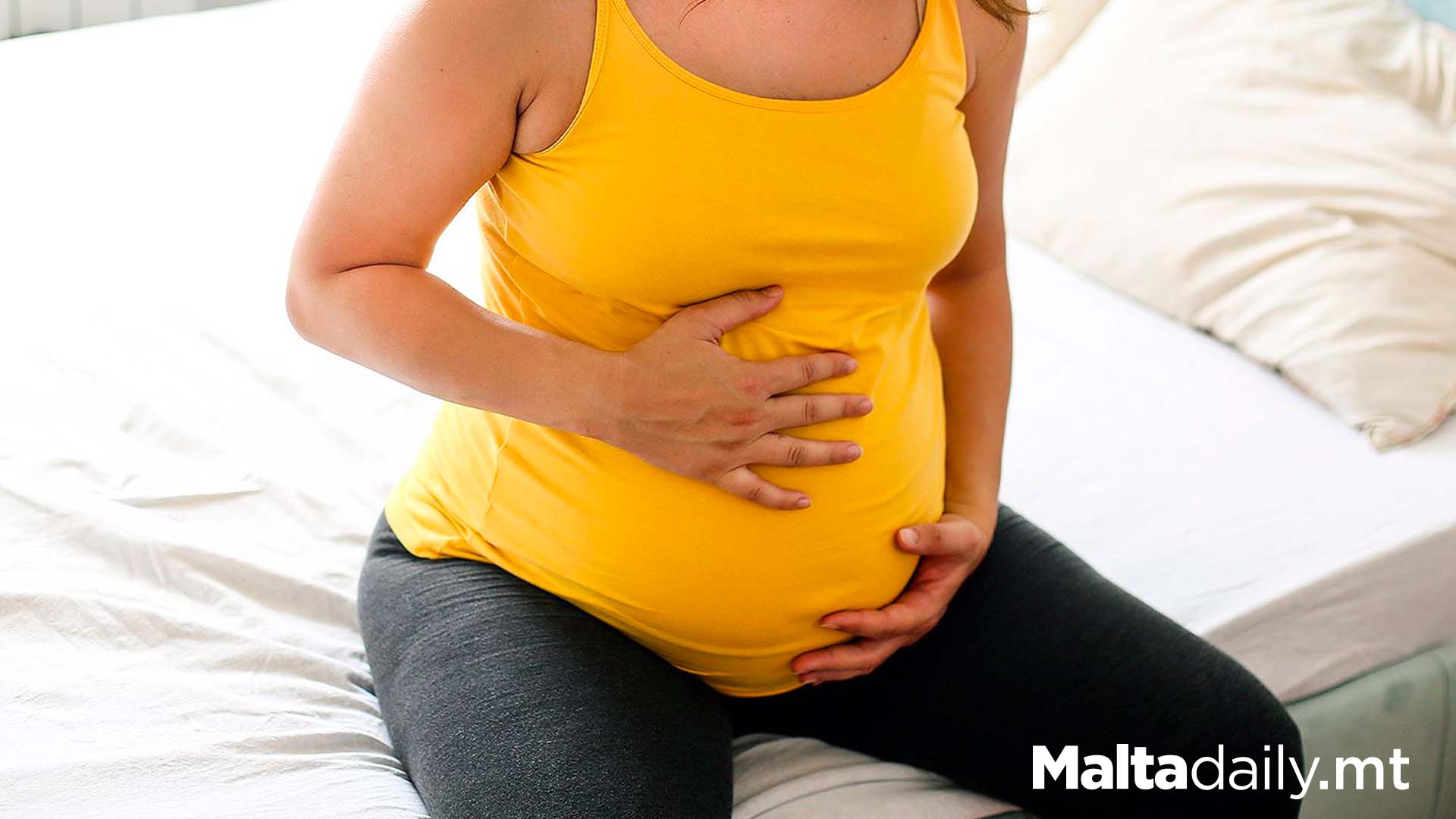A Step Closer To Preventing Severe Pregnancy Sickness

Researchers have made a significant stride toward understanding and potentially treating severe pregnancy sickness, known as hyperemesis gravidarum (HG).
A study reveals that babies produce a hormone, GDF15, which can trigger HG, affecting between one and three in 100 pregnancies.Professor Sir Stephen O’Rahilly from the University of Cambridge indicates that the more sensitive a mother is to this hormone, the more severe the sickness.
This insight provides a clue on preventive measures. Pregnant women with HG often require hospitalization due to dehydration, and some report vomiting up to 50 times a day.
The research, published in Nature and conducted by scientists from the University of Cambridge, Scotland, the USA, and Sri Lanka, found a correlation between the degree of sickness and the amount of GDF15 produced in the womb.
Women with a genetic variant putting them at higher HG risk had lower hormone levels, while those with beta thalassemia, a blood disorder causing elevated GDF15 levels before pregnancy, experienced less nausea or vomiting.
Blocking the hormone’s access to the mother’s brain receptor could be a potential treatment strategy, says Professor Sir Stephen, offering hope for improved care for affected pregnant women.
#MaltaDaily


